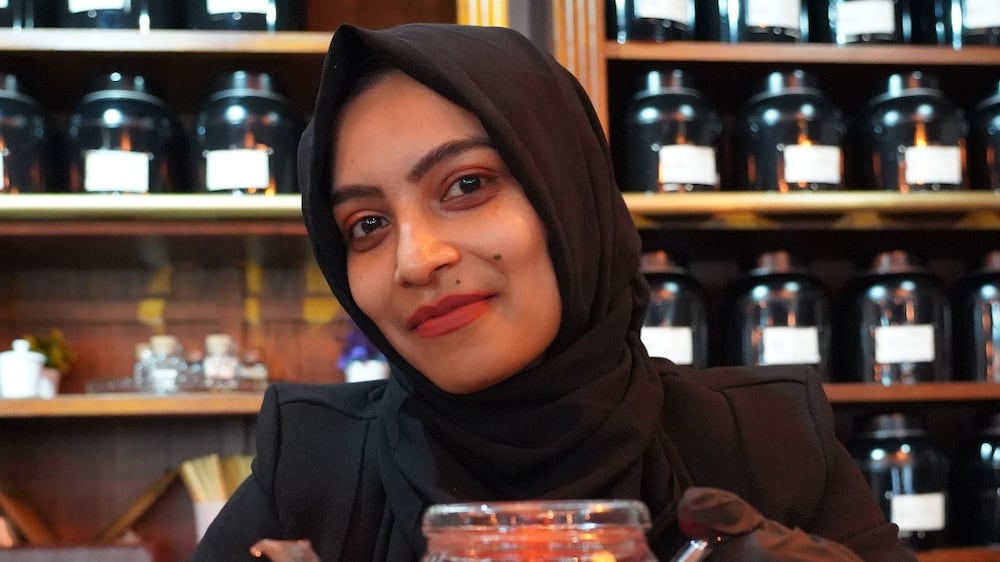Coffee has overtaken the traditional cuppa as the UK’s favourite drink, with the tea break becoming a thing of the past, research suggests.
British residents drink coffee more regularly than they do tea, and spend more on it when they shop for groceries.
A survey of 2,400 people by Statista Global Consumer Survey found 63 per cent of consumers said they regularly drank coffee, with 59 per cent regularly having tea.
Shoppers bought more than 533 million packs of coffee in the supermarkets over the year to March 2023, compared with 287 million packs of tea, recent Kantar research found.
The British Coffee Association reports that Britons drink about 98 million cups of coffee each day.
Also, about 80 per cent of people who go to coffee shops do so at least once a week and 16 per cent visit daily, proof that cafe culture continues to boom on the high street.
“The truth is, tea is becoming outdated," said Aidy Smith, a food and drinks expert and star of the Amazon Prime television series The Three Drinkers.
"While the country does clearly still embrace it, coffee just has an added dash of excitement.
"All you need to do is hop on to Google Maps and type in ‘coffee shop’ versus ‘tea shop’ to see the remarkable differences.
“There’s also so much you can do with coffee.
"The ability to serve it in so many ways with so many flavour variations and with such creativity has led to it being embraced on such a high level.
"I mean, what’s the equivalent of latte art with tea? Tea bag art? I don’t think so.”
Is tea good for you? - video
Tea, anyone?

Nespresso has 27 shops across the UK selling its pods, which aim to fill the public's desire for the convenient, quality coffee experience at home.
“More than ever, people are connecting over coffee from morning to night – be that a flat white at breakfast, an iced latte on the go, or an evening espresso martini," said Anna Lundstrom, the chief executive of Nespresso's British and Irish operation, said.
The UK is a fast-growing market for the Nestle-owned company due to people’s willingness to experiment with different types of coffee.
Research by Nespresso found that nearly half of consumers were drinking more iced coffee than they were three years ago, so it now offers eight different types, with six decaffeinated blends.
The company has also launched blends with added ingredients that have health benefits, such as vitamins or a ginseng extract.
“The UK’s coffee scene is one of the world’s most dynamic and exciting," said Ms Lundstrom, who claims to drink a Nespresso Vivida coffee containing B12 each morning.
"This really is a nation of coffee lovers. We are always on the hunt for the latest coffee tastes and trends.
“In the same way that people become obsessed with wines from a particular region, taste or style, we’re seeing the same love and devotion when it comes to coffee, with people looking for single origin, estate beans and flavour profiles.
“If you think about tasting notes with tea, people kind of laugh it off as it being snooty, but with coffee they are genuinely interested and pick out specific beans based on the flavour profiles – exactly how they would if they were choosing a bottle of wine from a store.”
Coffee is thought to have arrived in England in the mid-17th century.
The first coffee house was established in Oxford in 1650 by a Jewish man named Jacob, in the building now known as The Grand Cafe, according to the famous diarist Samuel Pepys.
Despite prices having gone up substantially in the past couple of years due to inflation and crop failures, coffee continues to overtake tea in popularity.
Annual inflation has affected coffee prices and it has run at between 7.6 per cent and 16.5 per cent every month for the past year.







